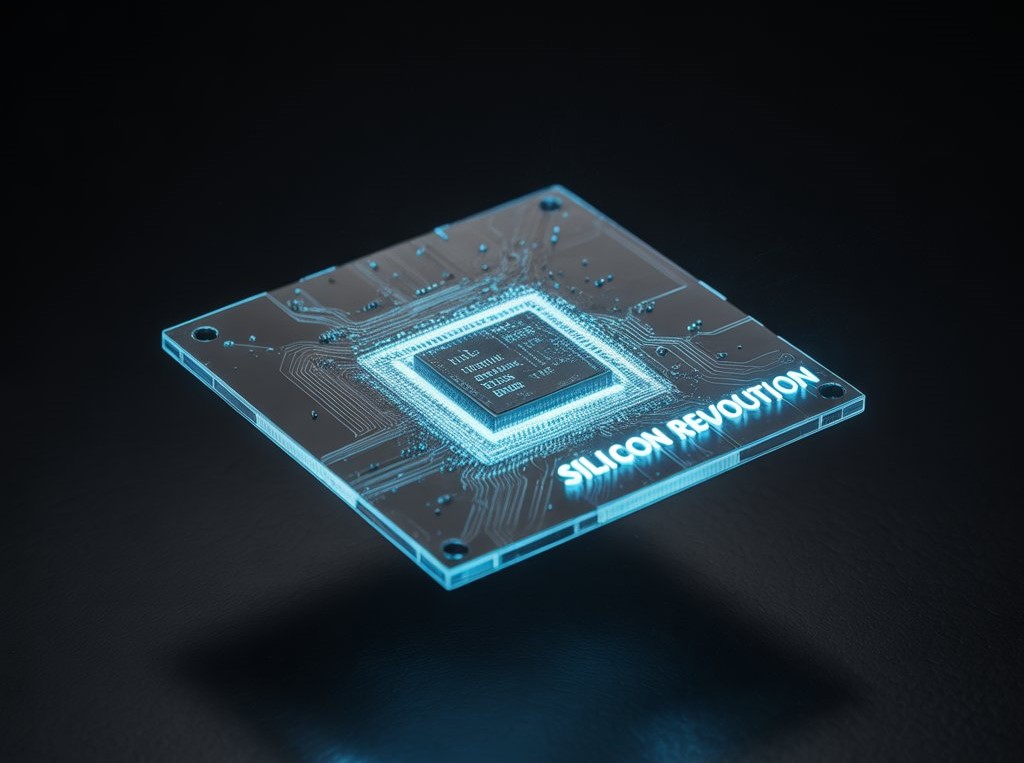
Silikónová revolúcia 2025: AI superčipy, prelom v čipletoch a globálny boom integrovaných obvodov
Globálny predaj čipov v apríli 2025 dosiahol 57 miliárd dolárov, čo je medziročný nárast o 22,7 %. Analytici predpovedajú, že príjmy zo segmentu polovodičov v roku 2025 budú okolo 700 miliárd dolárov, pričom do roku 2030 by mohli dosiahnuť 1 bilión dolárov.